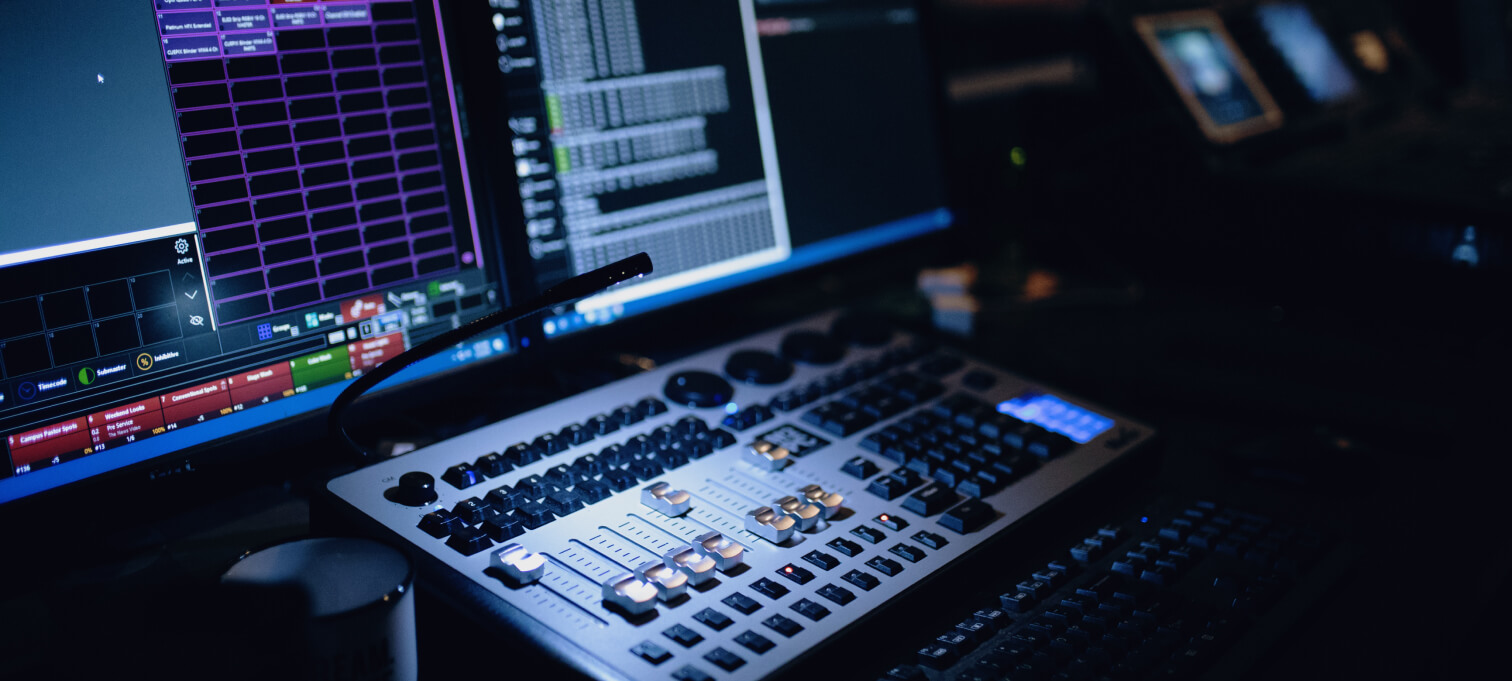Mixing and mastering are two very important processes in music production. These processes are often used alike, but they are different in approach, purpose, and result.
It’s “TimiJay on the Track.”
Understanding the difference between mixing and mastering is key for every beginner looking to produce high-quality music. In today’s post, we will take a look at the difference between mixing and mastering in detail. Here’s our outline:
What is a Mixing?
What is Mastering
The Key difference between mixing and mastering.
What is mixing?
Mixing is the process of combining multiple audio tracks into a well-balanced sound. In this process, the mix engineer mixes down the song by assessing the entire recorded session and editing each track to create a balanced mix.
The primary goal of mixing is to make sure each element of the song is audible and sits well together in the mix. This is done by creating space in the mix for every instrument or vocal so that none conflicts with the other (it’s more like cooking, making sure all ingredients blend well).
The mix engineer must also take into consideration the arrangement of the song and how the dynamics of the mix should be arranged to create the desired impact. Common tasks in mixing include vocal tuning, equalization, compression, reverbs, editing, adding special effects, and, most importantly, setting and automating the relative level of each track.
What is mastering?
Mastering is the final process in the production of music. It involves preparing the final mix for distribution by perfecting the mix’s overall sound and ensuring it is consistent across all playback systems—more like adding polish and shine to your music.
In mastering, the mastering engineer uses EQ, compression, and other processing tools to enhance the mix’s clarity, balance, and volume.
The mastering stage is also where the song order, fades, and the embedding of track information takes place. Mastering also acts as quality control, ensuring that track-to-track levels and tonality are similar and there are no errors.
The primary goal of mastering is to create a polished final mix that is ready for distribution, ensuring that the mix translates well across various playback systems, including radio, TV, and online platforms.
Before we continue, I’d like to point out quickly that a bad mix can and will affect your mastering.
The Key Differences Between Mixing and Mastering
The Purpose: Mixing and mastering have different purposes. Mixing focuses on balancing and processing individual tracks to create a balanced mix, whereas mastering focuses on improving the overall sound and preparing the song for distribution.
The Tools: Although both mixing and mastering use EQ and compression, the tools used in each are distinct. Mixing involves using reverb, delay, and other processing tools to balance and enhance individual tracks. Mastering involves using a range of processing tools, like limiting and stereo imaging, to enhance the overall sound of the mix.
The Environment: Mixing and mastering are often done in different environments. Mixing is done in a studio where the mix engineer has access to a range of monitoring equipment, while mastering is done in a mastering studio or space that is designed to aid the listening environment. This ensures that the final audio sounds great on all playback devices. (While mixing and mastering can be done in the same studio, the studio must be fitted to meet both needs.)
The Engineer: The role of the engineer in mixing and mastering is different. This is why it’s usually recommended that mixing and mastering are not done by the same person, though this isn’t always the case. But this is said to avoid the role of the engineer being confused in any case. The mix engineer works in mixing to balance and process individual tracks, whereas the mastering engineer works in mastering to perfect the overall sound of the mix and prepare it for distribution. So a keen ear for each perspective is important.
In conclusion, mixing and mastering are two different procedures in music production. While both processes are aimed at refining and perfecting your sound, they have different purposes, use different tools, are done in different environments, and require different skills. As a beginner, understanding the difference between mixing and mastering will help you produce high-quality music. And by sharpening your skills in either or both of these two processes, you will eventually learn to create professional-sounding mixes that stand out in the competitive music industry.



